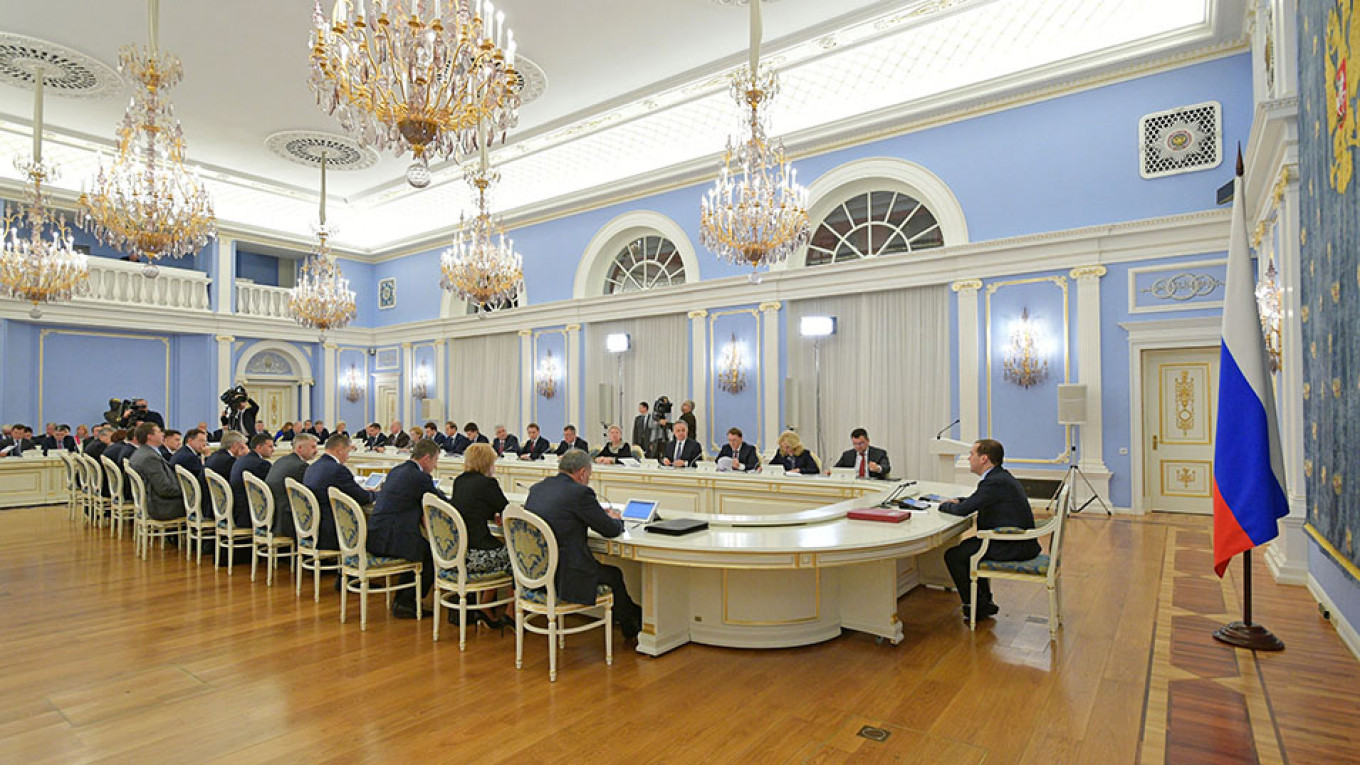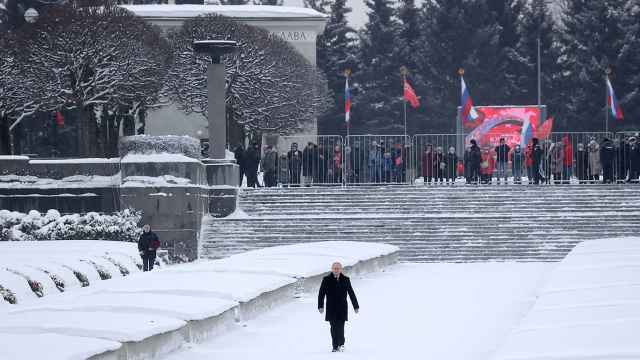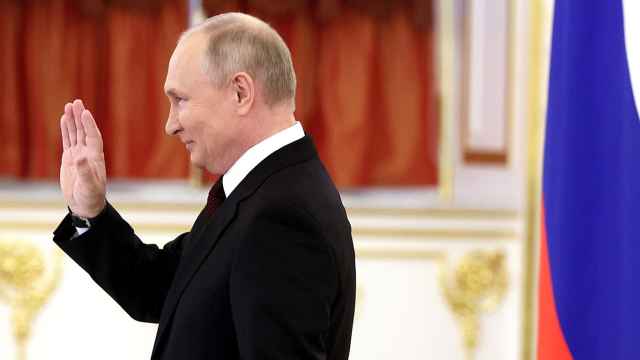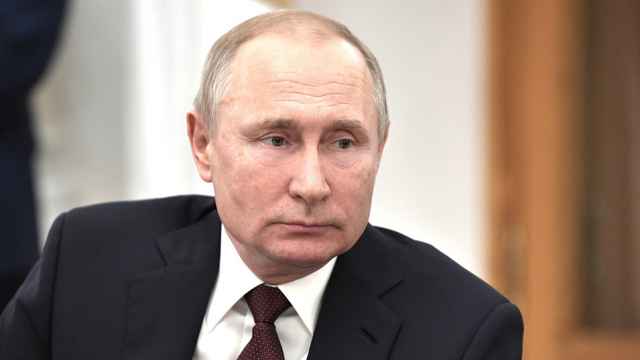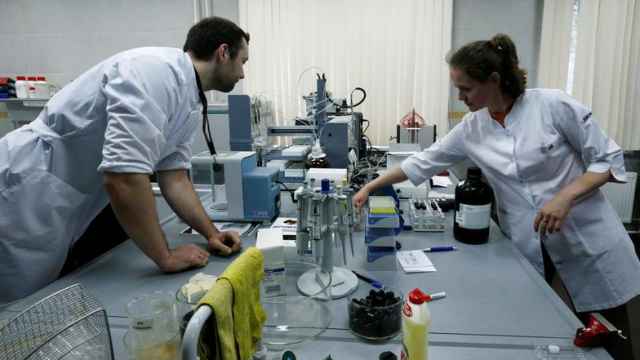The massive constitutional reform and government reshuffle rolled out by President Vladimir Putin on Wednesday will fuel the Russian political discussion for months to come. The implications for business have so far not been discussed, but they are there.
At the most basic level, the reform and the new cabinet are a relief simply because the other shoe has finally dropped. While no one expected Putin to ride off into the sunset after the end of his last presidential term, the “2024 problem” had swelled to a point where political life was de facto suspended.
Elite actors had been growing increasingly nervous due to the uncertainty. This halted any serious economic development and stoked infighting.
The bureaucrats simply stopped doing anything for fear their opponents would use it against them, while the power players were scrambling for resources and seeking to strengthen their positions. This led to incidents like the Baring-Vostok and Golunov cases.
The uncertainty is now lifting, although it hasn’t gone completely, and that is a good thing. At the very least, it means increased economic activity from the government. This time, it won’t just take the form of pressure on Yandex, it should ignite the long-awaited progress of the National Projects, the supposed locomotive of public welfare growth.
This, coupled with lavish new expenditures promised by Putin — including cash incentives for having more children — valued at no less than $10 billion, should boost public income. That means public consumption would revive the plodding national economy and that companies in stagnating industries could hope for sales growth.
The new head of the cabinet, former Federal Tax Service chief Mikhail Mishustin, is so far being seen as a “technical” prime minister, to use Russian political jargon. But for business, his reputation as an IT-savvy and efficient manager is more relevant, borne out by his flawed, but mostly successful, digital transformation of the tax service.
Mishustin has also worked in the private sector. From 2008 to 2010, he held senior positions at the UFG group, then owned by Deutsche Bank. This implies that he understands the realities of doing business in Russia — something that cannot be said for many Russian career bureaucrats.
Mishustin has already pledged to advance the National Projects, or at least put serious effort into doing so. The stagnating economy and six years of falling real wages have damaged approval ratings, including Putin’s.
Meanwhile, the proposed constitutional reforms need public backing for legitimacy. That means the new government will need to demonstrate some economic improvement, especially to poorer voters.
Whether business will see more than an indirect spillover from this windfall of subsidies is unclear. Mishustin has already spoken about institutional reforms and improving the business climate, but such lip service has been paid to these issues for decades, with no visible progress.
At present, it doesn’t look like Mishustin’s mandate will allow him to tackle the strategic problems hampering Russian business, starting with the domination of the all-powerful law enforcement agencies that suffocate businesses.
Putin himself weighed in on business by proposing to prohibit the authorities from classifying legitimate businesses as “criminal groups” in case of wrongdoing — a legal sleight-of-hand that is widespread in Russia. But the proposal is vague, and weasel words may leave enough loopholes for the law enforcers to continue this abusive practice.
Overall, Putin’s administration has historically been skeptical about the private sector as the prime driver of economic growth, instead opting for state investment combined with high fiscal pressure. This is not necessarily an efficient economy booster, but the large infrastructure projects that are the backbone of the National Projects still offer business opportunities, as Russia is heavily dependent on exports across a range of industries, from construction to IT.
At the same time, the fact that the government is proposing a spending spree is a potential concern for business, as this spree would need to be funded somehow. While at least some of the money would come from state reserves, it is not unfeasible that Mishustin, with his fiscal background, would continue squeezing companies for taxes to pay for the subsidies and the National Projects.
Another Putin initiative that is worrisome for business is the proposal to prioritize national legislation over international obligations. The goal here is apparently political — the Kremlin is worried about outside interference ahead of the turbulent political transition. However, it is possible that some Russian businesses settling court disputes with partners in other jurisdictions will attempt to renege on rulings they do not like and appeal to pliant Russian courts instead.
The Baring-Vostok case illustrates what could happen, as it was heard in separate courts in Russia and the UK with drastically different results.
The overall continuing drive to strengthen Russia against any outside interference is also an indication that improving relations with the West is not a priority for the Russian leadership. While perhaps an understandable political expediency during the transitional period, it also means Western sanctions are staying, with all the worry and risk they cause for business.
In the longer term, Putin’s vague plan to finally create more than one real decision-making center in the Russian system of government is a hopeful sign — checks and balances are a prerequisite for the rule of law and the lack of them in Russia is a problem for the investment climate.
However, only one man in Russia knows how things are going to work, and he’s keeping his cards close to his chest.
Until Putin makes his broader reforms clear, companies in Russia can expect business as usual, with a little more money thrown into the economy. Arguably, that is a start.



